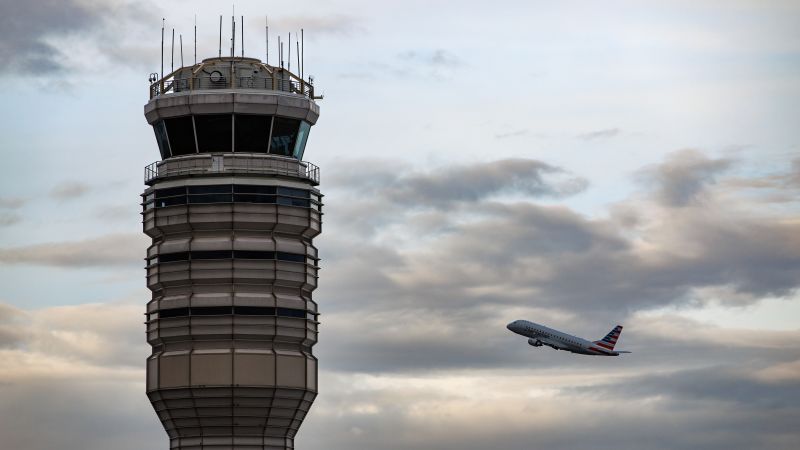UPDATE: The ongoing federal government shutdown is wreaking havoc on the air traffic control system in the United States, with significant implications for aviation safety and staffing levels. Experts warn that the effects of this crisis will extend well beyond any eventual reopening.
As of this week, the 14,000 air traffic controllers are facing severe financial strain, receiving zero paychecks for the first time during the nearly 30-day shutdown. Transportation Secretary Sean Duffy emphasized the necessity of their continued presence at work but acknowledged the immense stress they are under. “They do really important work for our country, and they need to show up,” Duffy stated, but many controllers are left grappling with critical financial decisions, such as how to pay for basic needs.
“Every day of the shutdown is ‘less safe,’” warned Nick Daniels, president of the National Association of Air Traffic Controllers. He cited that financial pressures are detracting from controllers’ focus on safety, which could endanger the flying public. “Instead of focusing on the safety of the American flying public, they’re now focusing on what they can’t afford to pay,” he said.
The Department of Transportation (DOT) has recognized the risk this situation poses, noting that controllers are considering taking second jobs to make ends meet. Duffy revealed that controllers have discussed options like driving for rideshare companies or delivering food, an unthinkable scenario for professionals tasked with ensuring aviation safety.
Furthermore, the shutdown has derailed critical hiring efforts aimed at addressing long-standing staffing shortages. Earlier this year, the DOT announced plans to “supercharge” hiring, successfully recruiting over 2,000 new controllers. However, the ongoing crisis is causing prospective trainees to abandon their pursuits in favor of more stable careers. “We’re going to have a tougher hill to climb to get back to staffing levels that can not only keep the country safe, but keep air travel growing,” said Erik Hansen from the U.S. Travel Association.
The financial strain extends to the training of new controllers as well. Stipends for trainees are running out, and if funding ceases, it could be “cataclysmic” for those currently in the FAA’s training program. Reports indicate that the air traffic controller academy in Oklahoma City was the busiest ever, but the pipeline for new hires is now at risk.
Adding to the urgency, the DOT’s ambitious $31.5 billion plan to modernize the air traffic control system is in jeopardy. Although a $12.5 billion funding commitment has been secured, the shutdown hampers the department’s ability to proceed with essential oversight and execution of modernization projects. “I don’t have the staff in place, because they’ve been furloughed, to actually execute the agreements or do the oversight that’s necessary by federal law for these projects,” Duffy explained.
With no end to the shutdown in sight, the aviation community is left to brace for what may come next. As controllers continue to face mounting pressures, the safety of the nation’s air travel hangs in the balance. The call for immediate resolution to the shutdown has never been clearer, as both current and future air traffic controllers confront unprecedented challenges that could have lasting impacts on aviation safety.
Stay tuned for further updates as this situation develops.
